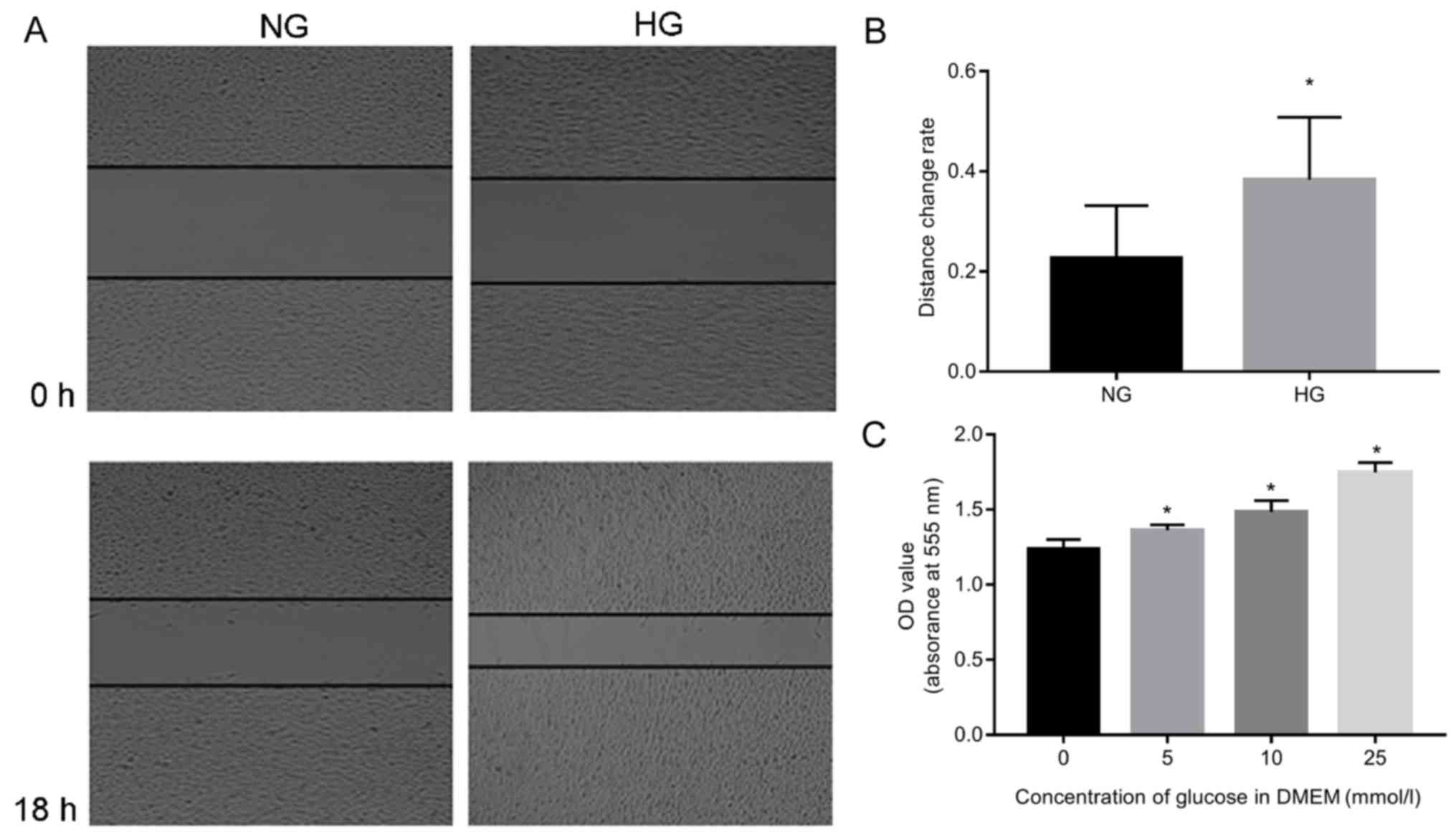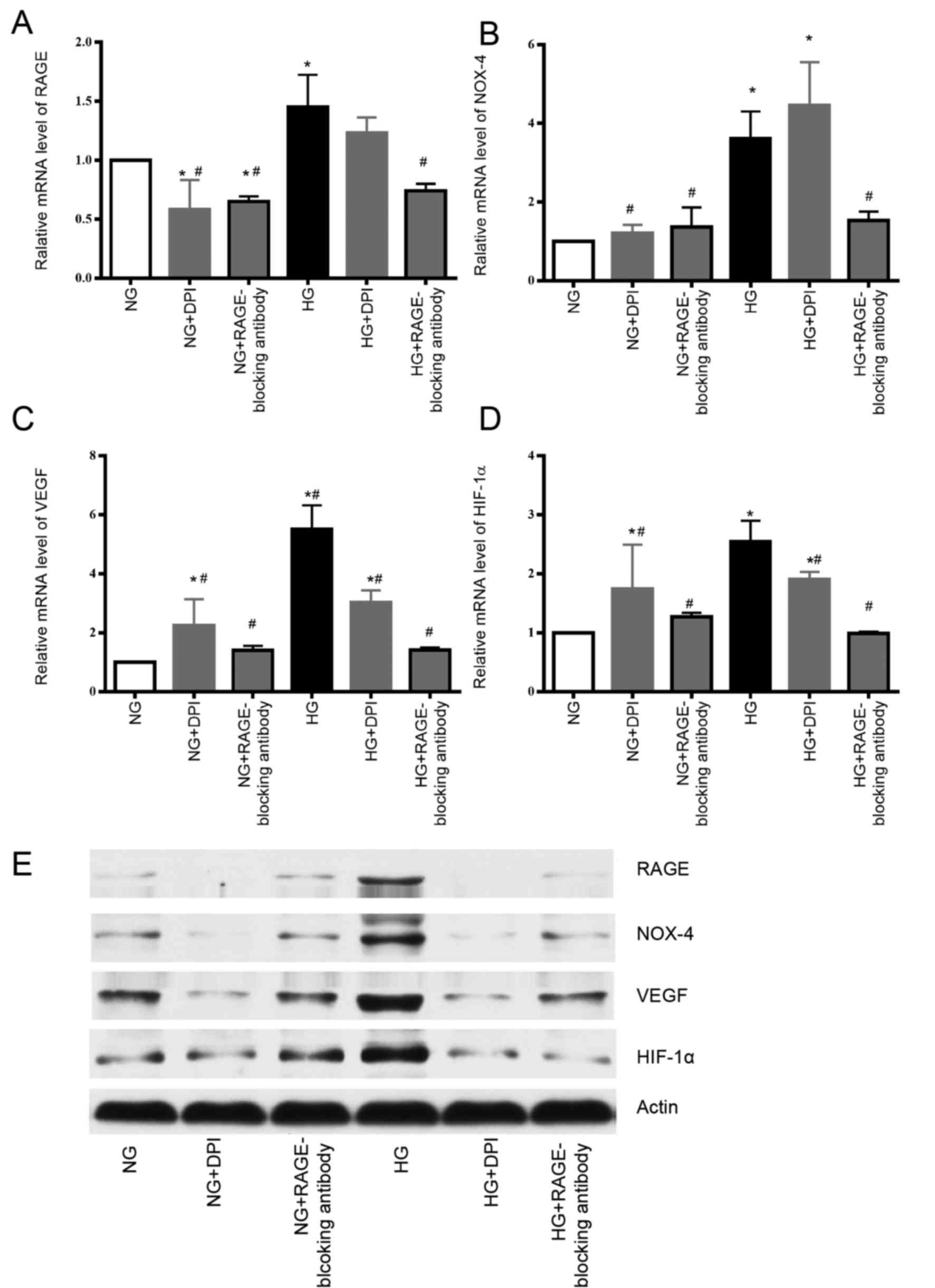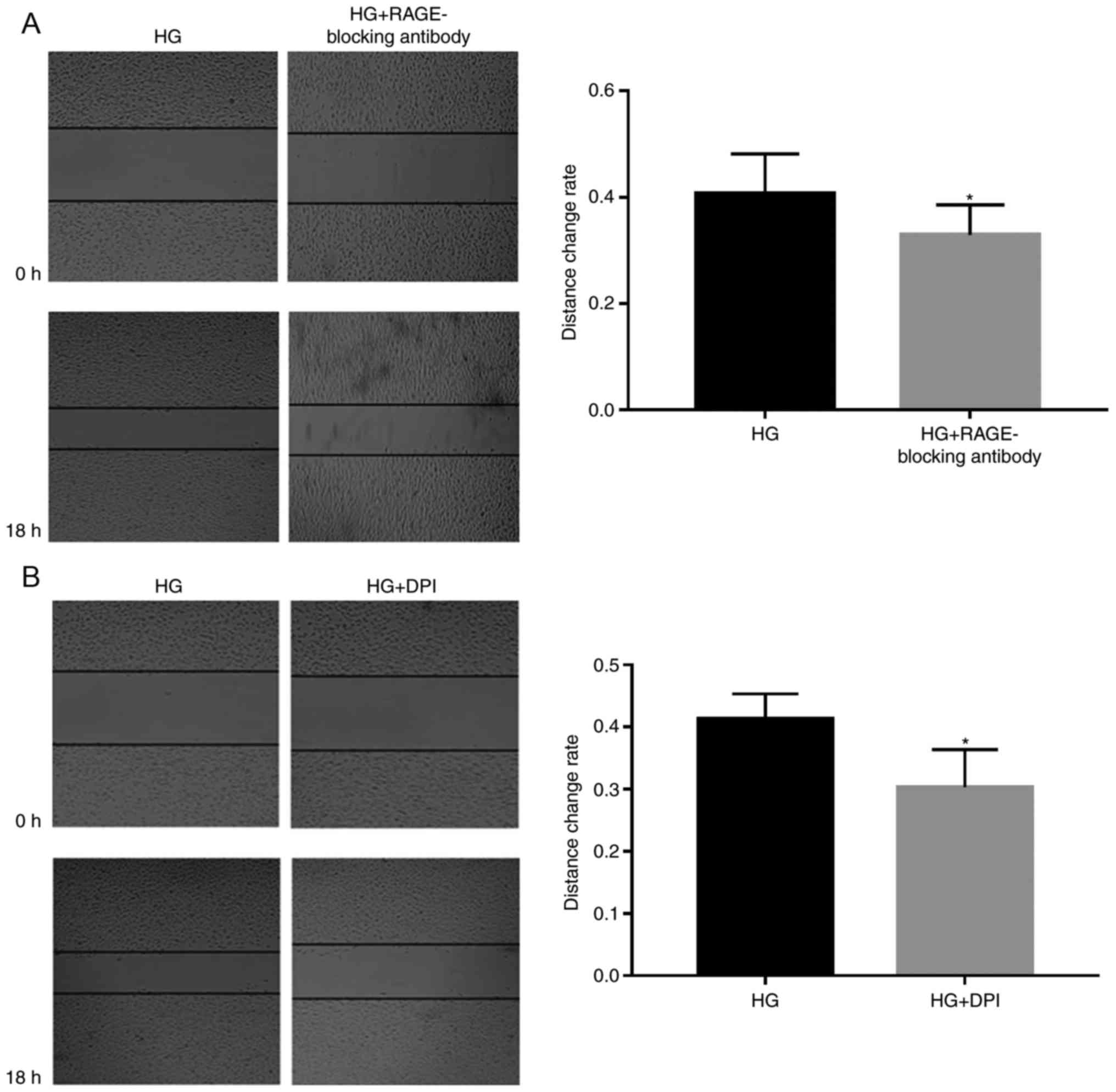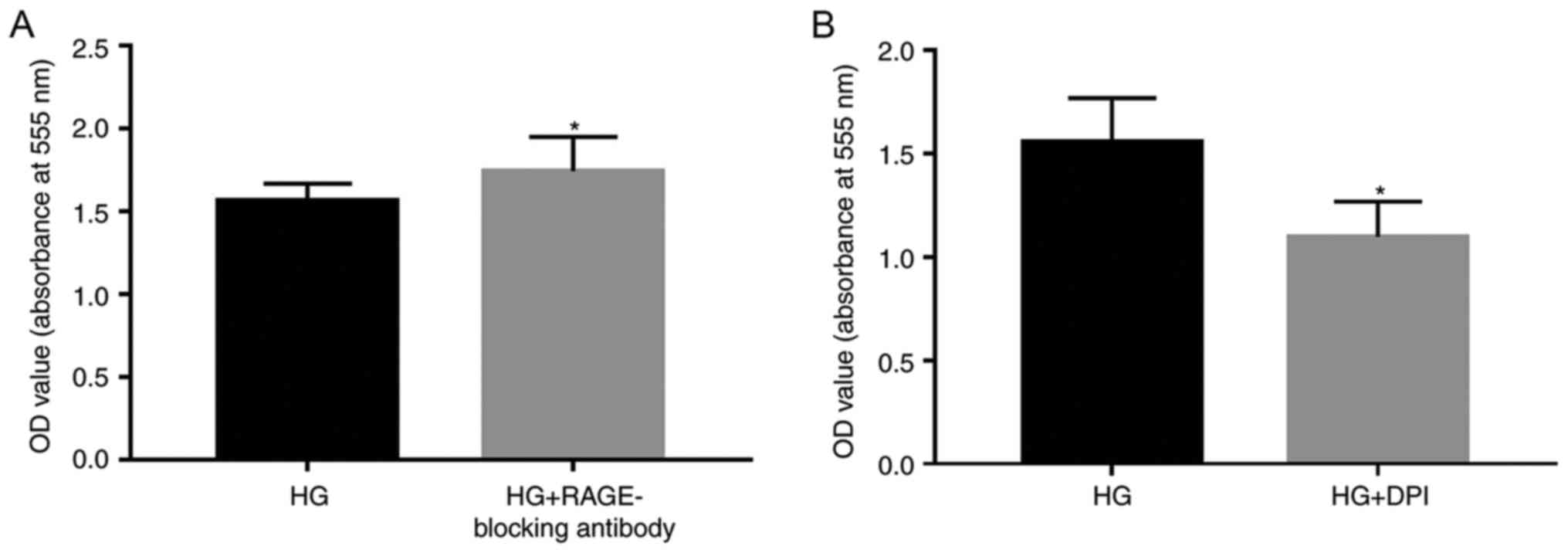|
1
|
Zhang Y, Ren JS, Huang HY, Shi JF, Li N,
Zhang Y and Dai M: International trends in lung cancer incidence
from 1973 to 2007. Cancer Med. Mar 14–2018.(Epub ahead of print).
View Article : Google Scholar
|
|
2
|
Cigarette smoking among adults-United
States, 2006. MMWR Morb Mortal Wkly Rep. 56:1157–1161.
2007.PubMed/NCBI
|
|
3
|
Morrison HI, Semenciw RM, Mao Y and Wigle
DT: Cancer mortality among a group of fluorspar miners exposed to
radon progeny. Am J Epidemiol. 128:1266–1275. 1988. View Article : Google Scholar : PubMed/NCBI
|
|
4
|
Spitz MR, Hong WK, Amos CI, Wu X, Schabath
MB, Dong Q, Shete S and Etzel CJ: A risk model for prediction of
lung cancer. J Natl Cancer Inst. 99:715–726. 2007. View Article : Google Scholar : PubMed/NCBI
|
|
5
|
Luo J, Hendryx M, Qi L, Ho GY and Margolis
KL: Pre-existing diabetes and lung cancer prognosis. Br J Cancer.
115:76–79. 2016. View Article : Google Scholar : PubMed/NCBI
|
|
6
|
Yang X, Liu Y, Mani H, Olson J, Clawson G,
Caruso C, Bruggeman R, Varlotto JM, Zander DS and Rassaei N:
Biologic evaluation of diabetes and local recurrence in non-small
cell lung cancer. Pathol Oncol Res. 23:73–77. 2017. View Article : Google Scholar : PubMed/NCBI
|
|
7
|
Zhu L, Cao H, Zhang T, Shen H, Dong W,
Wang L and Du J: The effect of diabetes mellitus on lung cancer
prognosis: A PRISMA-compliant meta-analysis of Cohort Studies.
Medicine (Baltimore). 95:e35282016. View Article : Google Scholar : PubMed/NCBI
|
|
8
|
Iachina M, Jakobsen E, Møller H,
Lüchtenborg M, Mellemgaard A, Krasnik M and Green A: The effect of
different comorbidities on survival of non-small cells lung cancer
patients. Lung. 193:291–297. 2015. View Article : Google Scholar : PubMed/NCBI
|
|
9
|
Lin JJ, Gallagher EJ, Sigel K, Mhango G,
Galsky MD, Smith CB, LeRoith D and Wisnivesky JP: Survival of
patients with stage IV lung cancer with diabetes treated with
metformin. Am J Respir Crit Care Med. 191:448–454. 2015. View Article : Google Scholar : PubMed/NCBI
|
|
10
|
Kang X, Kong F, Wu X, Ren Y, Wu S, Wu K,
Jiang Z and Zhang W: High glucose promotes tumor invasion and
increases metastasis-associated protein expression in human lung
epithelial cells by upregulating heme oxygenase-1 via reactive
oxygen species or the TGF-β1/PI3K/Akt signaling pathway. Cell
Physiol Biochem. 35:1008–1022. 2015. View Article : Google Scholar : PubMed/NCBI
|
|
11
|
Fritz G: RAGE: A single receptor fits
multiple ligands. Trends Biochem Sci. 36:625–632. 2011. View Article : Google Scholar : PubMed/NCBI
|
|
12
|
Oczypok EA, Perkins TN and Oury TD: All
the ‘RAGE’ in lung disease: The receptor for advanced glycation
endproducts (RAGE) is a major mediator of pulmonary inflammatory
responses. Paediatr Respir Rev. 23:40–49. 2017.PubMed/NCBI
|
|
13
|
Wang H, Li Y, Yu W, Ma L, Ji X and Xiao W:
Expression of the receptor for advanced glycation end-products and
frequency of polymorphism in lung cancer. Oncol Lett. 10:51–60.
2015. View Article : Google Scholar : PubMed/NCBI
|
|
14
|
Hollenbach M: The role of Glyoxalase-I
(Glo-I), Advanced Glycation Endproducts (AGEs), and their receptor
(RAGE) in chronic liver disease and Hepatocellular Carcinoma (HCC).
Int J Mol Sci. 18:pii: E2466. 2017. View Article : Google Scholar : PubMed/NCBI
|
|
15
|
Tang CT, Lin XL, Wu S, Liang Q, Yang L,
Gao YJ and Ge ZZ: NOX4-driven ROS formation regulates proliferation
and apoptosis of gastric cancer cells through the GLI1 pathway.
Cell Signal. 46:52–63. 2018. View Article : Google Scholar : PubMed/NCBI
|
|
16
|
Kim E, Kim W, Lee S, Chun J, Kang J, Park
G, Han I, Yang HJ, Youn H and Youn B: TRAF4 promotes lung cancer
aggressiveness by modulating tumor microenvironment in normal
fibroblasts. Sci Rep. 7:89232017. View Article : Google Scholar : PubMed/NCBI
|
|
17
|
Livak KJ and Schmittgen TD: Analysis of
relative gene expression data using real-time quantitative PCR and
the 2(-Delta Delta C(T)) method. Methods. 25:402–408. 2001.
View Article : Google Scholar : PubMed/NCBI
|
|
18
|
Mayer-Davis EJ, Dabelea D and Lawrence JM:
Incidence trends of type 1 and type 2 diabetes among youths,
2002–2012. N Engl J Med. 377:3012017. View Article : Google Scholar : PubMed/NCBI
|
|
19
|
Mazzone PJ, Rai H, Beukemann M, Xu M, Jain
A and Sasidhar M: The effect of metformin and thiazolidinedione use
on lung cancer in diabetics. BMC Cancer. 12:4102012. View Article : Google Scholar : PubMed/NCBI
|
|
20
|
Yu YX, Pan WC and Cheng YF: Silencing of
advanced glycosylation and glycosylation and product-specific
receptor (RAGE) inhibits the metastasis and growth of non-small
cell lung cancer. Am J Transl Res. 9:2760–2774. 2017.PubMed/NCBI
|
|
21
|
Souabni H, Ezzine A, Bizouarn T and Baciou
L: Functional assembly of soluble and membrane recombinant proteins
of mammalian NADPH oxidase complex. Methods Mol Biol. 1635:27–43.
2017. View Article : Google Scholar : PubMed/NCBI
|
|
22
|
Auer S, Rinnerthaler M, Bischof J,
Streubel MK, Breitenbach-Koller H, Geisberger R, Aigner E, Cadamuro
J, Richter K, Sopjani M, et al: The human NADPH oxidase, Nox4,
regulates cytoskeletal organization in two cancer cell lines, HepG2
and SH-SY5Y. Front Oncol. 7:1112017. View Article : Google Scholar : PubMed/NCBI
|
|
23
|
Yang N, Liang Y, Yang P and Ji F: Propofol
suppresses LPS-induced nuclear accumulation of HIF-1α and tumor
aggressiveness in non-small cell lung cancer. Oncol Rep.
37:2611–2619. 2017. View Article : Google Scholar : PubMed/NCBI
|
|
24
|
Frezzetti D, Gallo M, Maiello MR,
D'Alessio A, Esposito C, Chicchinelli N, Normanno N and De Luca A:
VEGF as a potential target in lung cancer. Expert Opin Ther
Targets. 21:959–966. 2017. View Article : Google Scholar : PubMed/NCBI
|


















